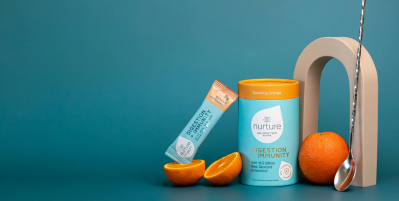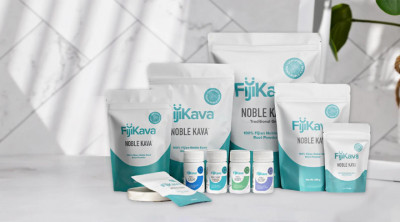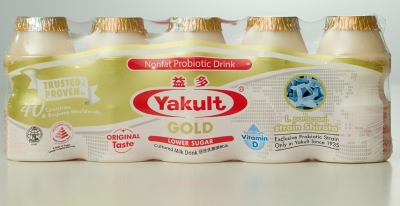Regulatory review: Latest updates from South Korea on caffeine, protein, Indonesia’s biotic regulation

Caffeine caution: South Korea intensifies project to warn younger consumers of excessive consumption risks
The South Korean government is working to expand a pilot project warning consumers of excessive caffeine consumption, with a particular focus on children.
The government has been educating and warning students regarding the dangers of caffeine overconsumption via intensive campaigns at convenience stores and has decided to double down on these efforts this year.
This year, the project will encompass 695 convenience stores, such as CU, 7-Eleven, emart24, GS25 located around middle and high schools. The project first started in 2021 with 314 stores.
South Korea plans to remove restrictions on protein manufacturing methods in view of sector boom
South Korea is planning to remove the restrictions on methods in manufacturing protein Health Functional Food, as the sector sees a boom in new production techniques and types of raw materials used.
Currently, when manufacturing protein products, the method is limited to separating and purifying protein from raw materials such as beans and oil or manufactured only with the use of proteolytic or autolytic enzymes.
The new plan, said the Ministry of Food and Drug Administration (MFDS), was to remove the restrictions, so as to enable to production of various protein products.
Super-aged success: South Korean government lauds scientific validation of senior-friendly food strategy
A new scientific report highlighting the success of South Korea’s national senior-friendly food industry strategy claims the initiative can improve frailty, nutrition, and malnutrition rates.
According to the study’s authors, long-term consumption of designated senior-friendly foods – a category established by South Korea’s Ministry of Agriculture, Food and Rural Affairs (MAFRA) back in 2017 – has yielded a clear improvement in terms of various areas concerning quality of life such as frailty, nutrition and malnutrition rates.
“154 adults were observed in the senior-friendly diet intervention group, and 26 in the general diet group, and for the former improvements were seen in various parameters including energy, protein, vitamin A, vitamin D, vitamin C, calcium, and magnesium intake,” the authors stated.
Biotic regulation: Indonesia launches strict microorganism content standards for general processed foods
The Indonesian food safety authority has published a set of strict standards to govern the presence of microorganisms - including probiotics – in general processed foods and beverages such as yoghurt or kombucha.
The Indonesian National Agency of Drug and Food Control (BPOM) has permitted 16 types of microorganisms for use in general foods, including Bacillus coagulans, Bifidobacterium animalis, Bifidobacterium breve, and Bifidobacterium lactis.
The agency also mandated that processed food and beverage items covered by these standards must show a total number of microorganisms of at least 1x106 CFU/g or 1x106 CFU/ml of the processed product by the end of the shelf life, which will be confirmed by laboratory analysis and testing.
Knowledge block? New rules for internet advertising of health foods in China from 1 May 2023
China’s State Administration for Market Regulation (SAMR) is implementing stringent new rules on the advertising of health foods, Foods for Special Medical Purposes (FSMPs), and medical devices from May this year.
It comes after SAMR announced the Measures on the Administration of Internet Advertising (互联网广告管理办法) which consisted of 32 measures.
One of the newly added measures is that the sharing of knowledge on health and wellness in an attempt to advertise health foods and FSMPs on the internet is prohibited.












